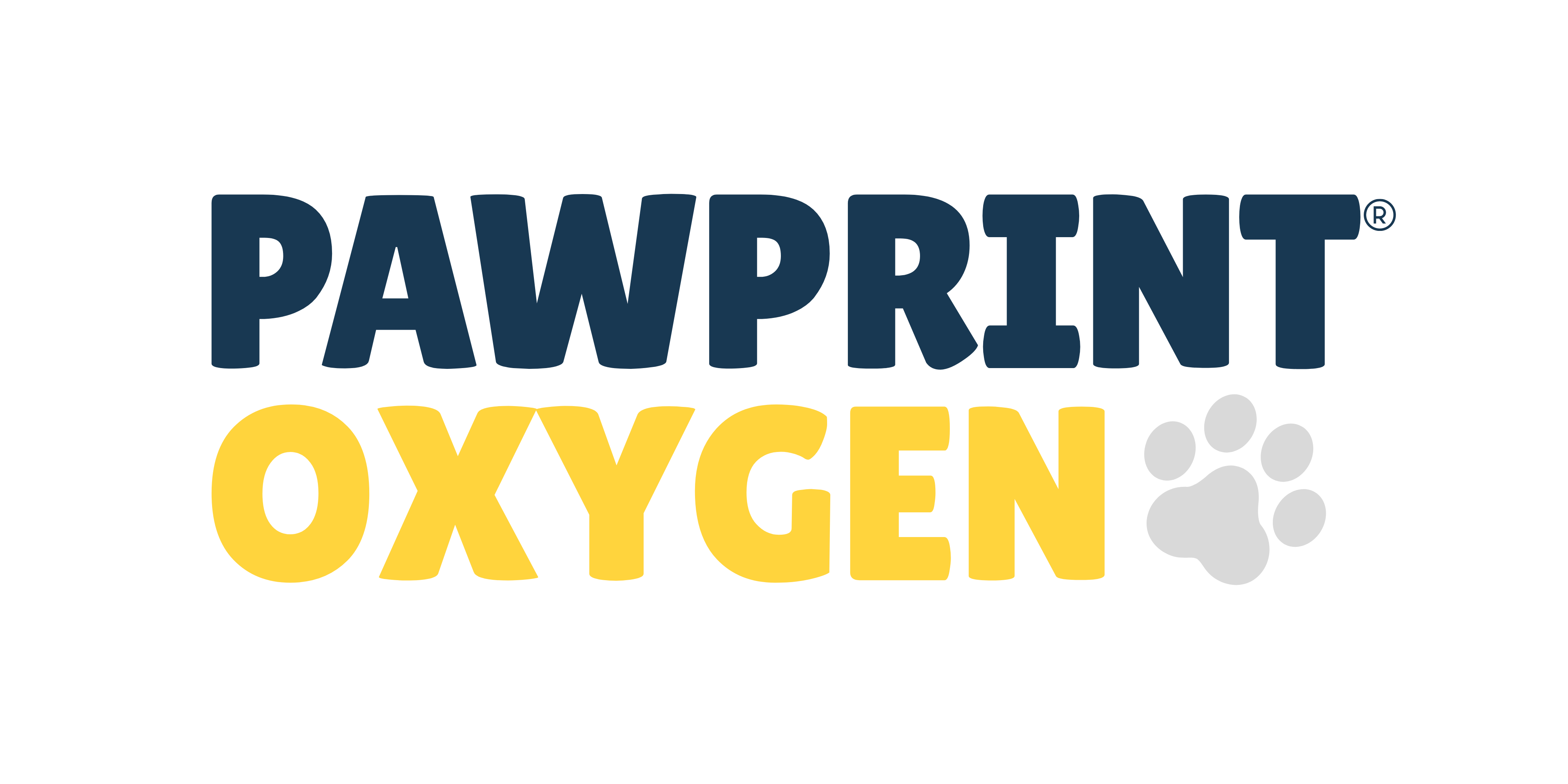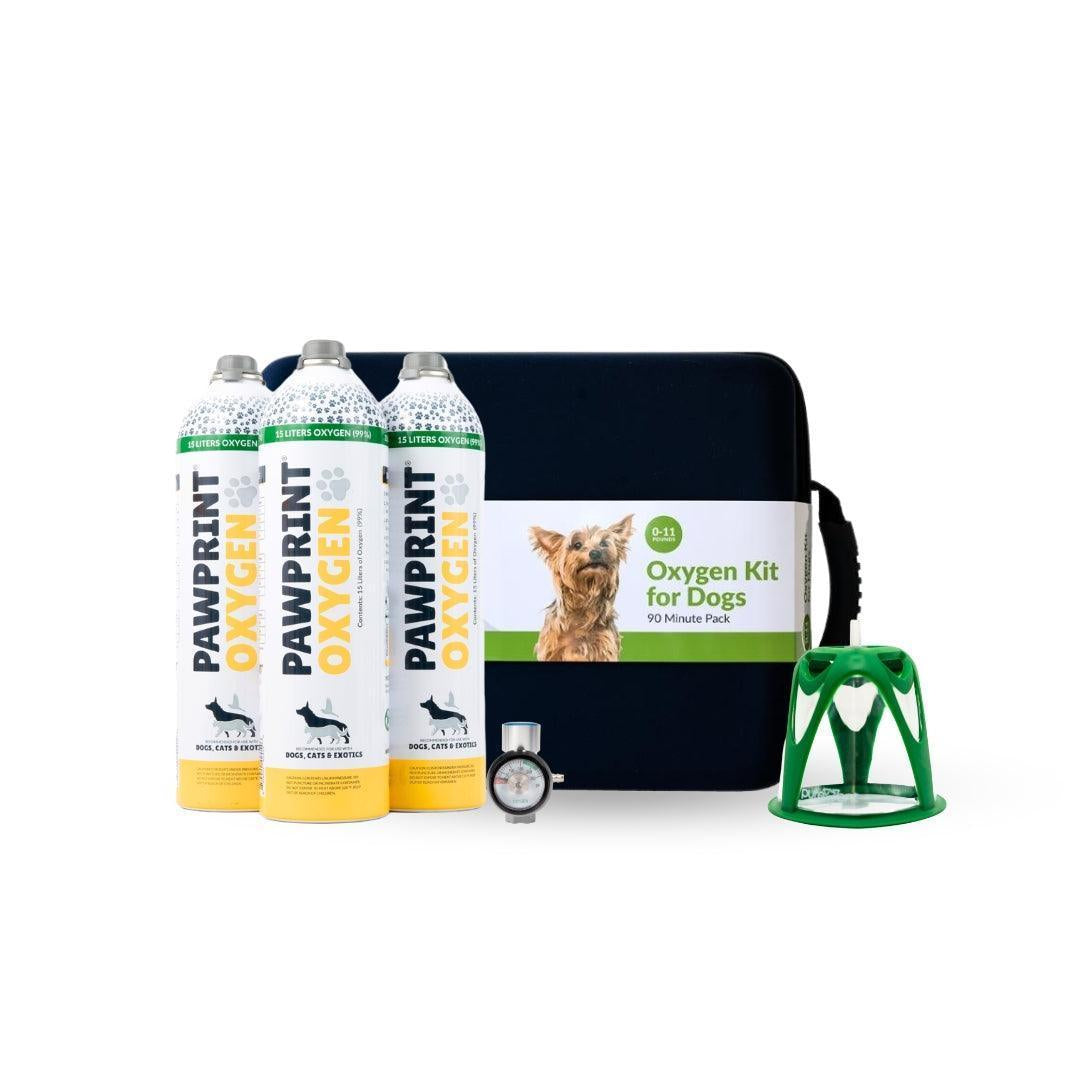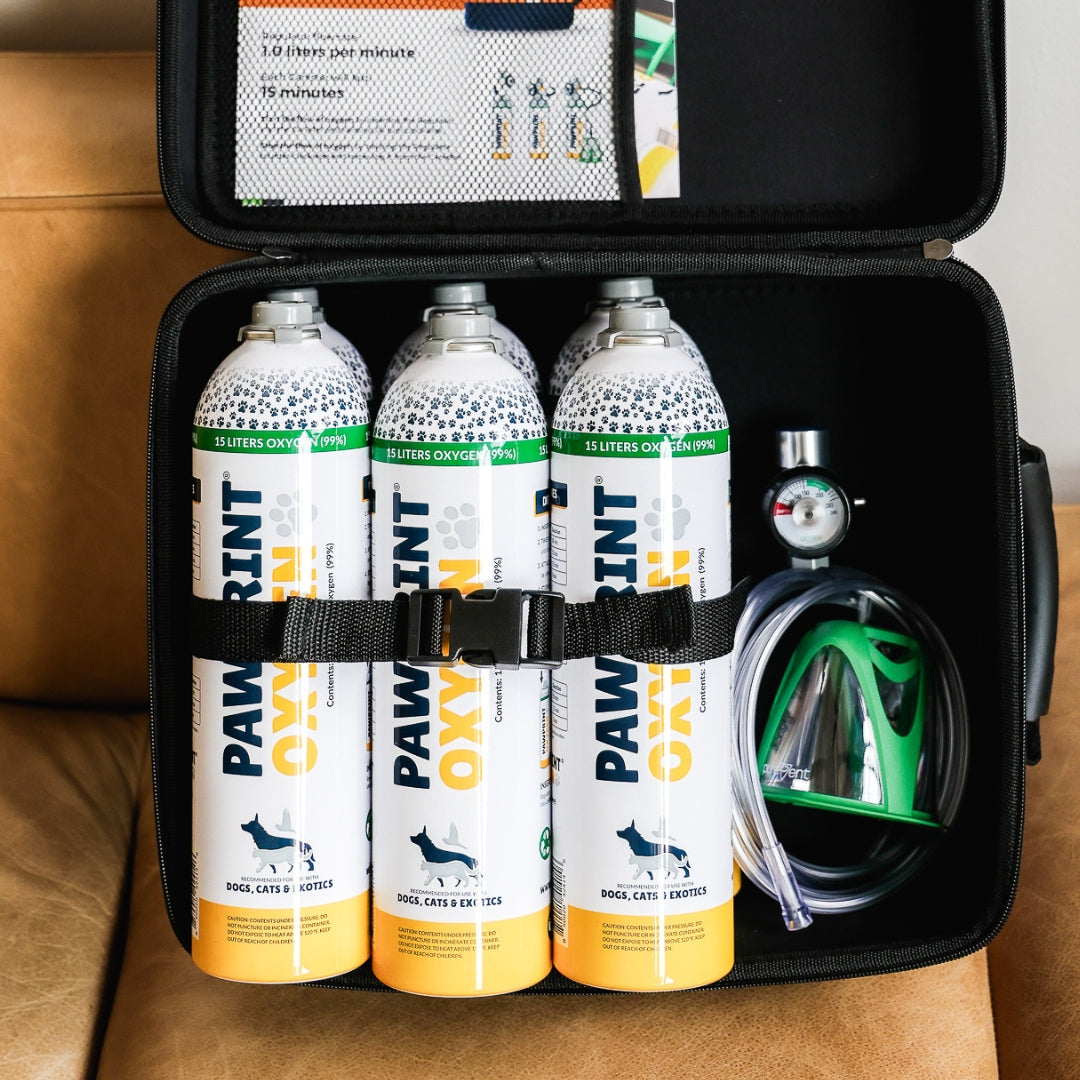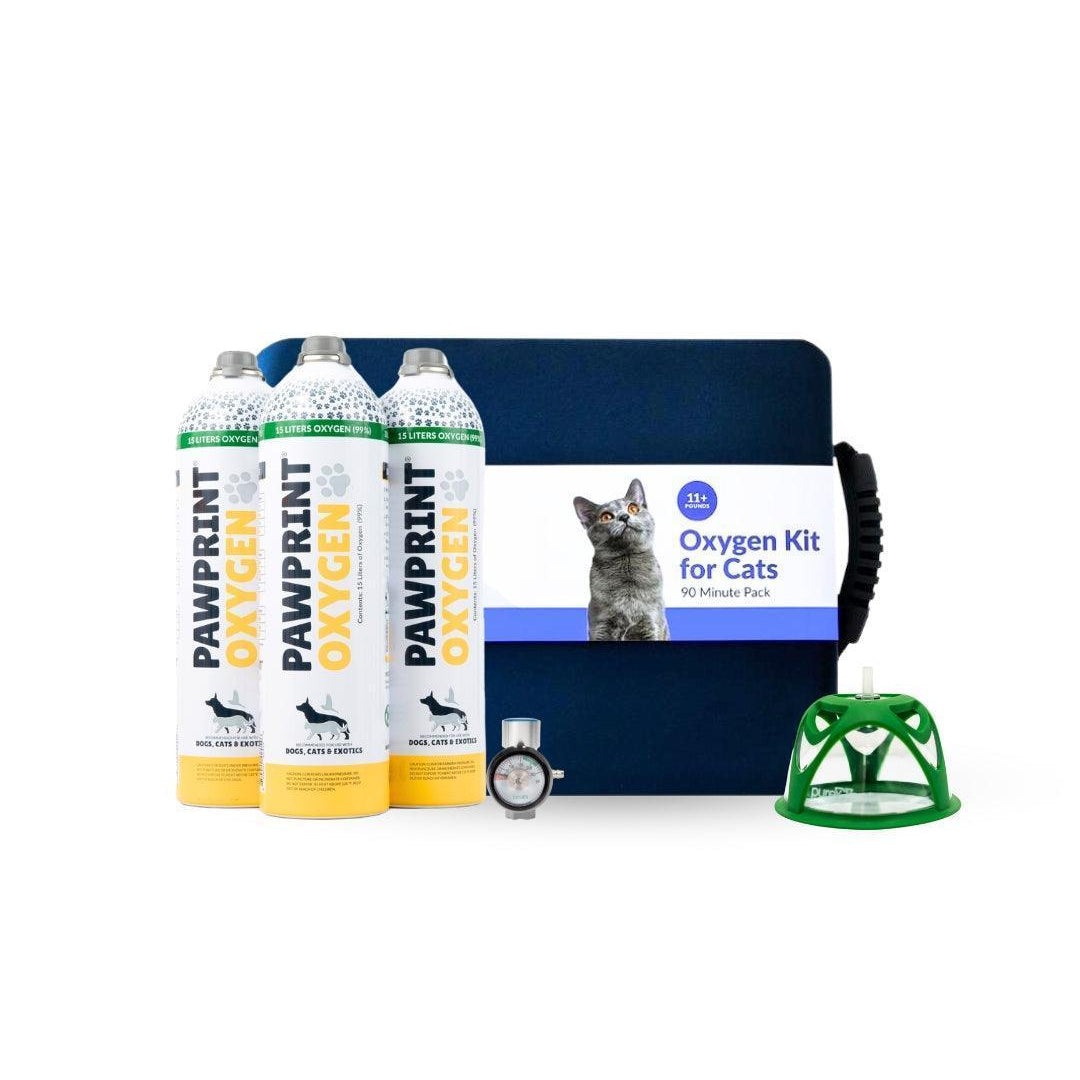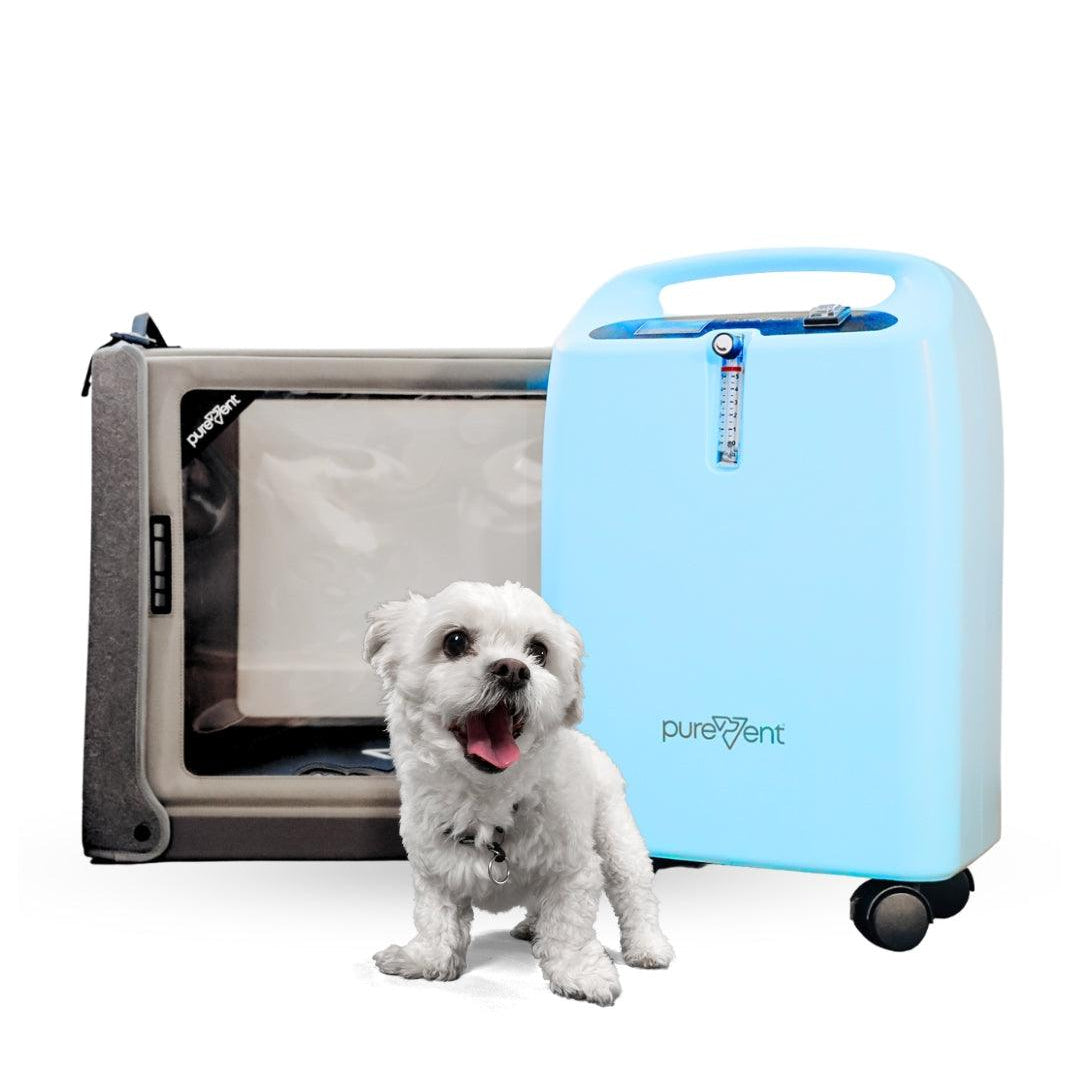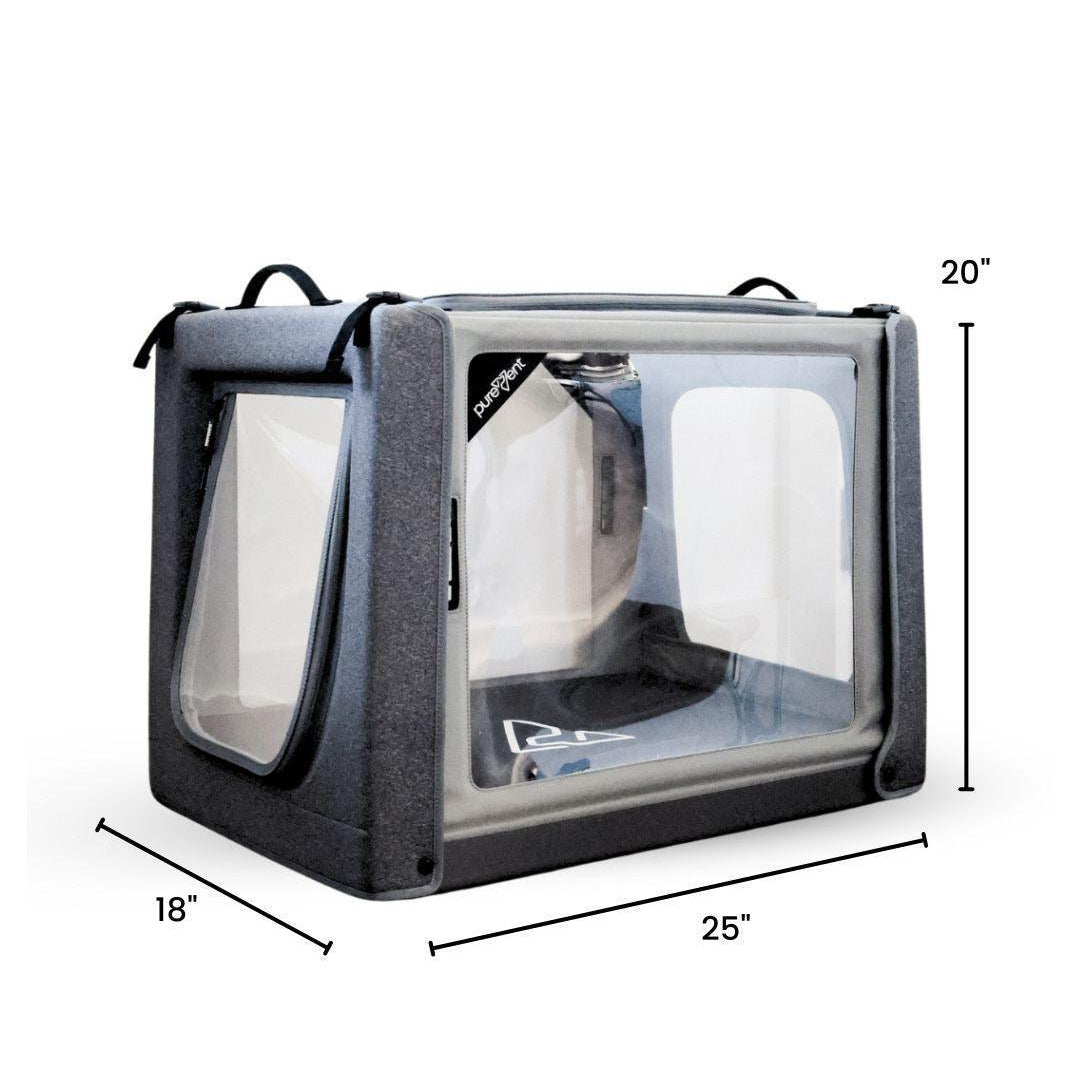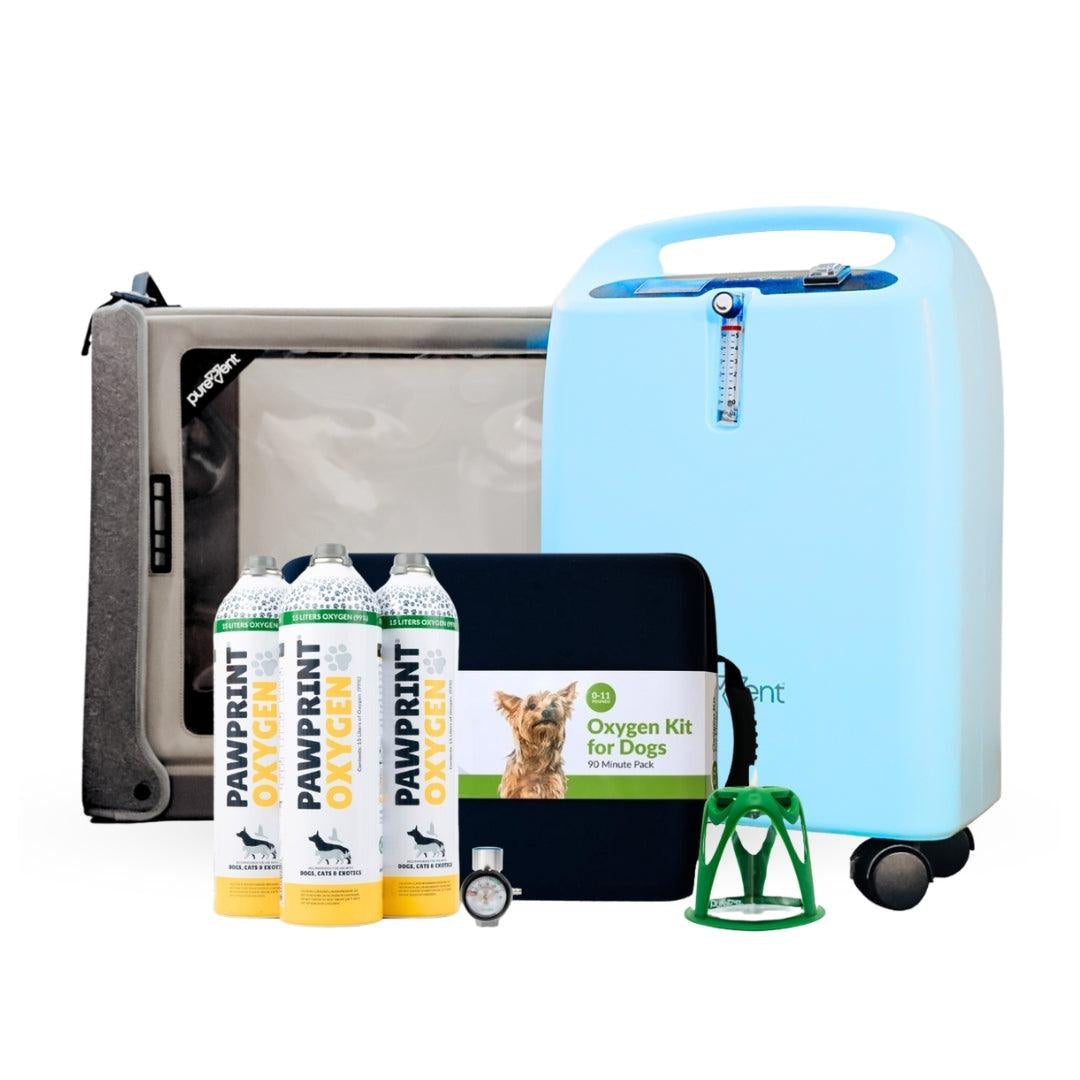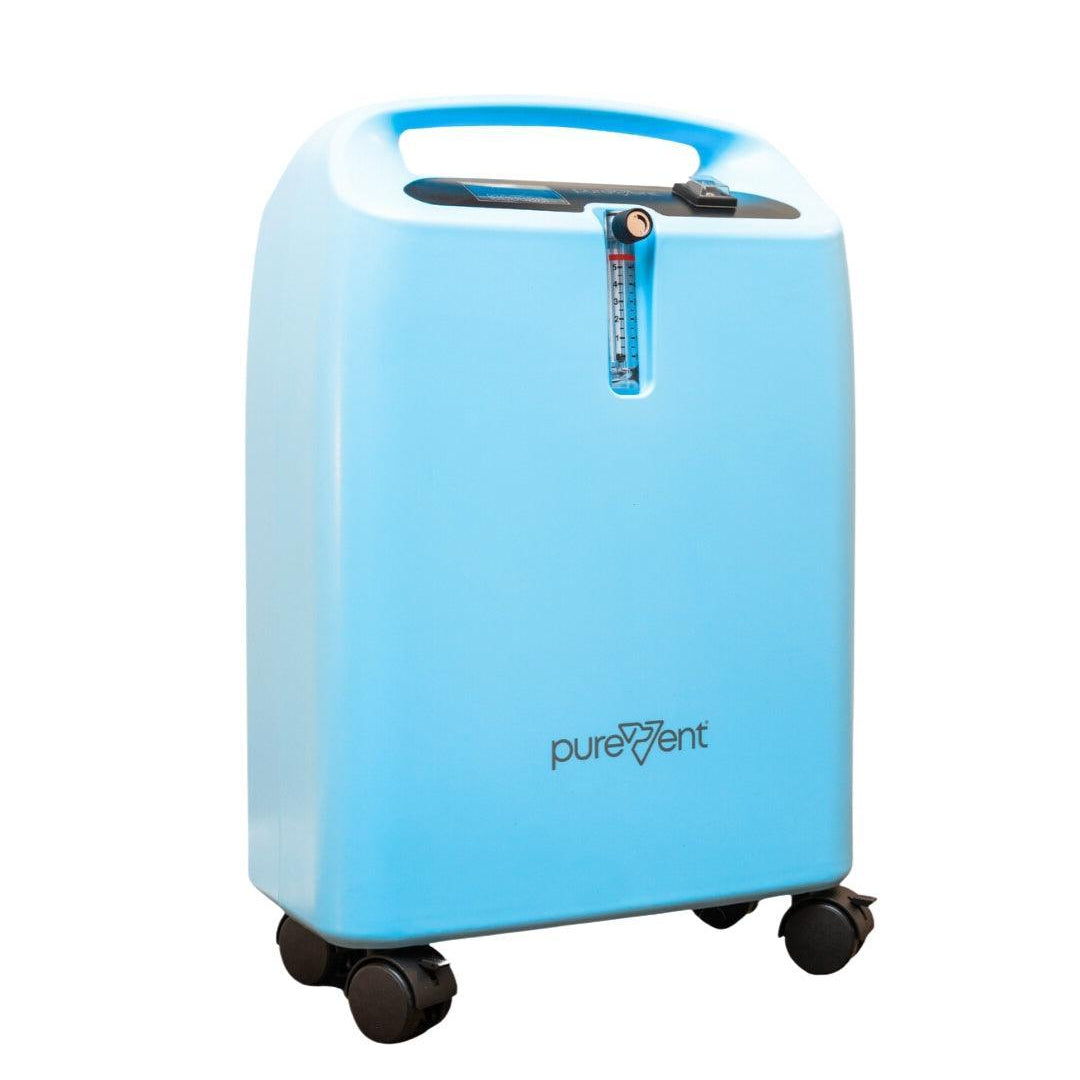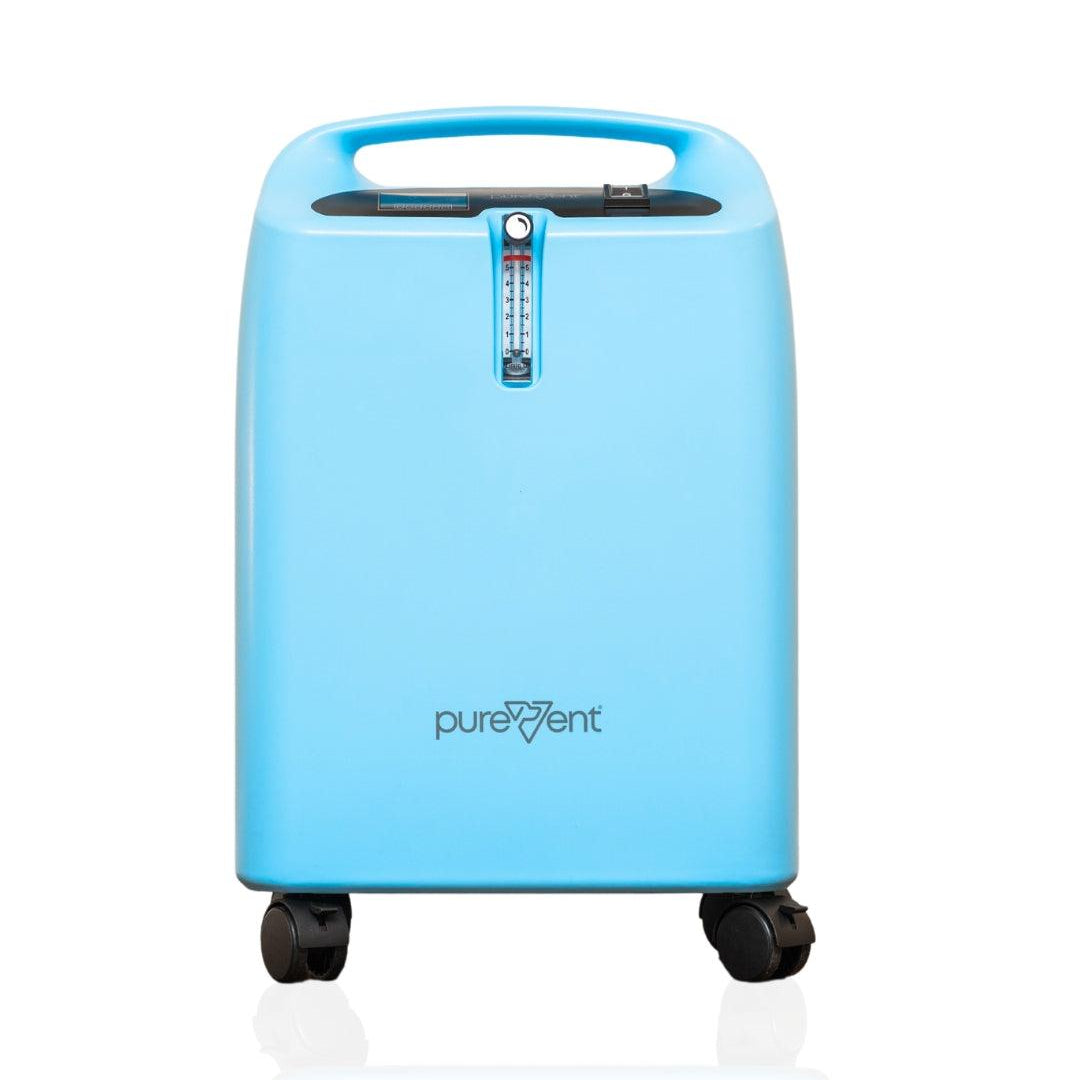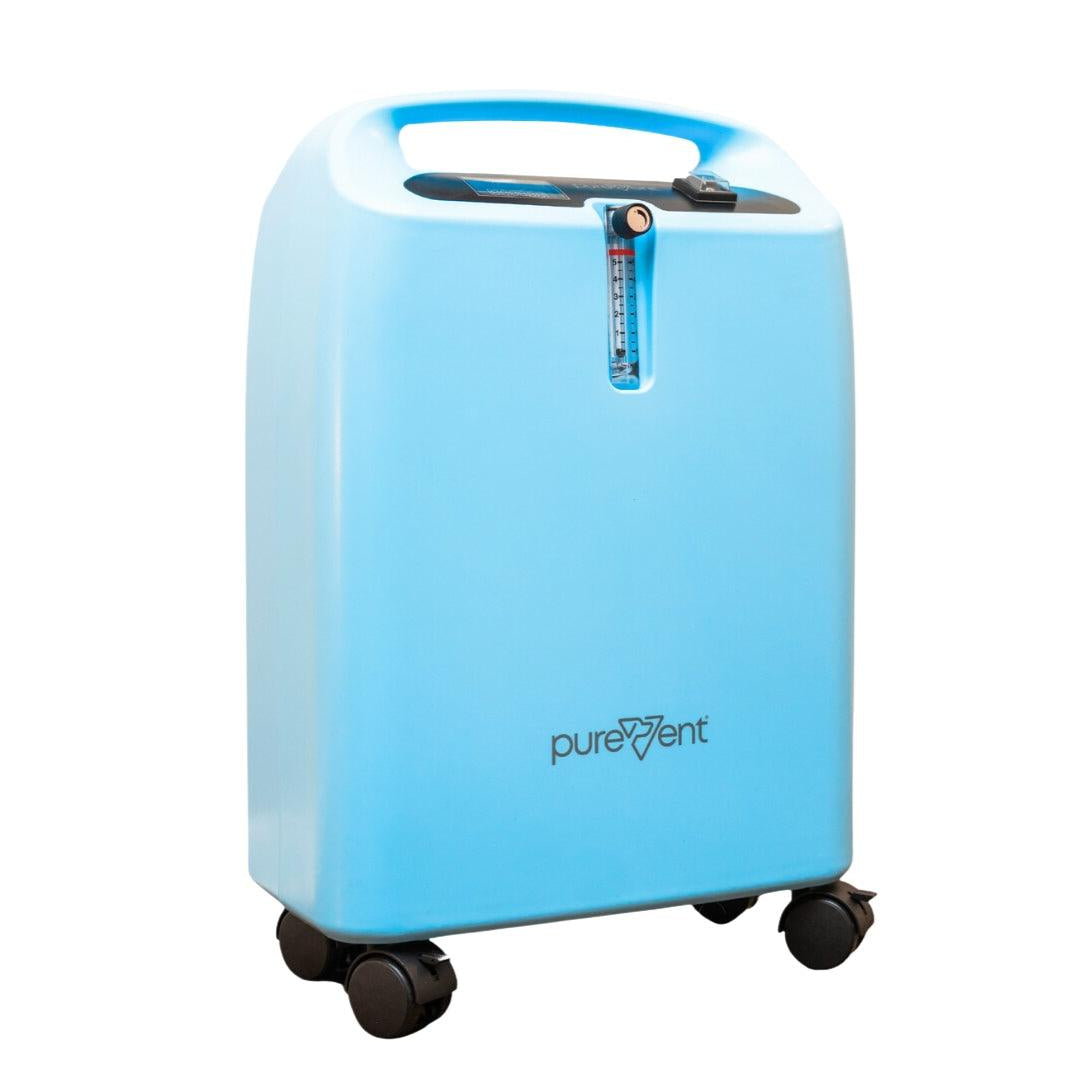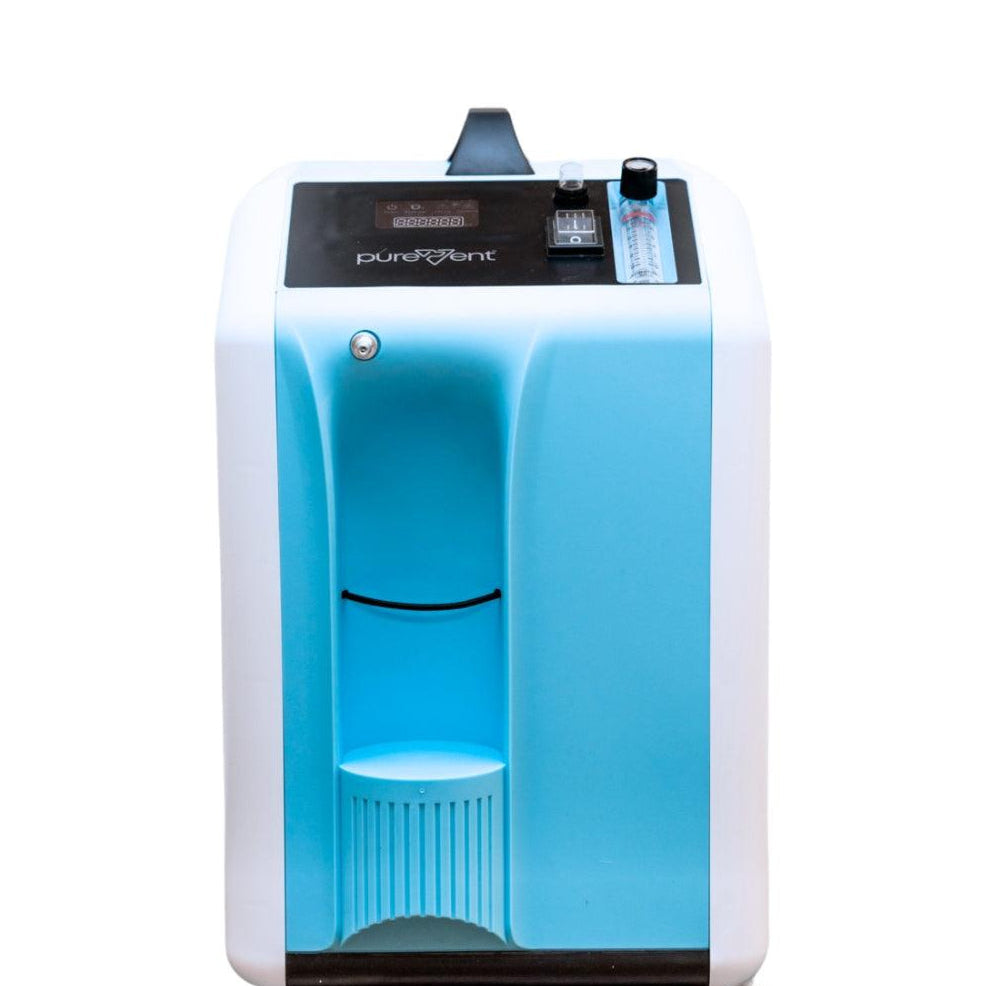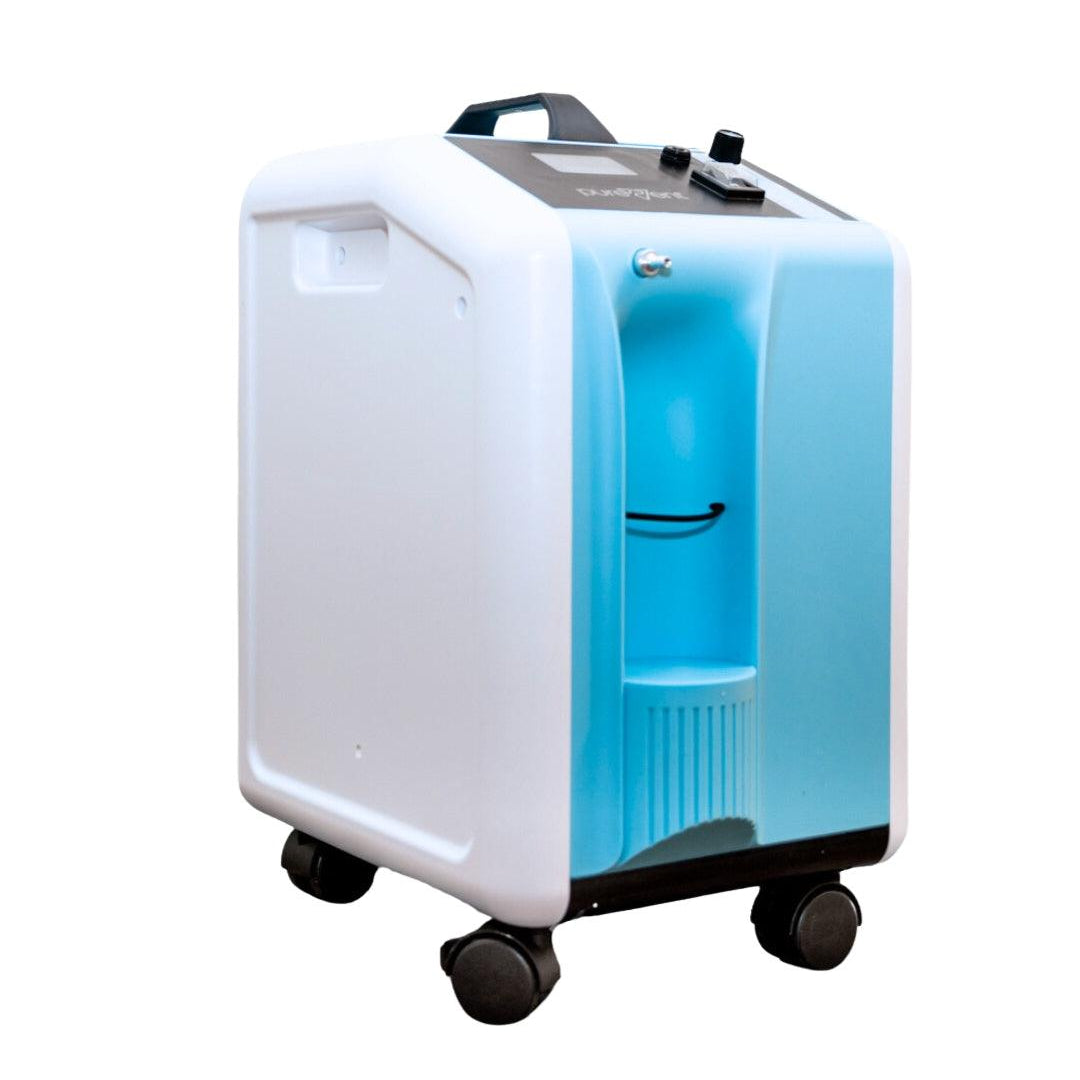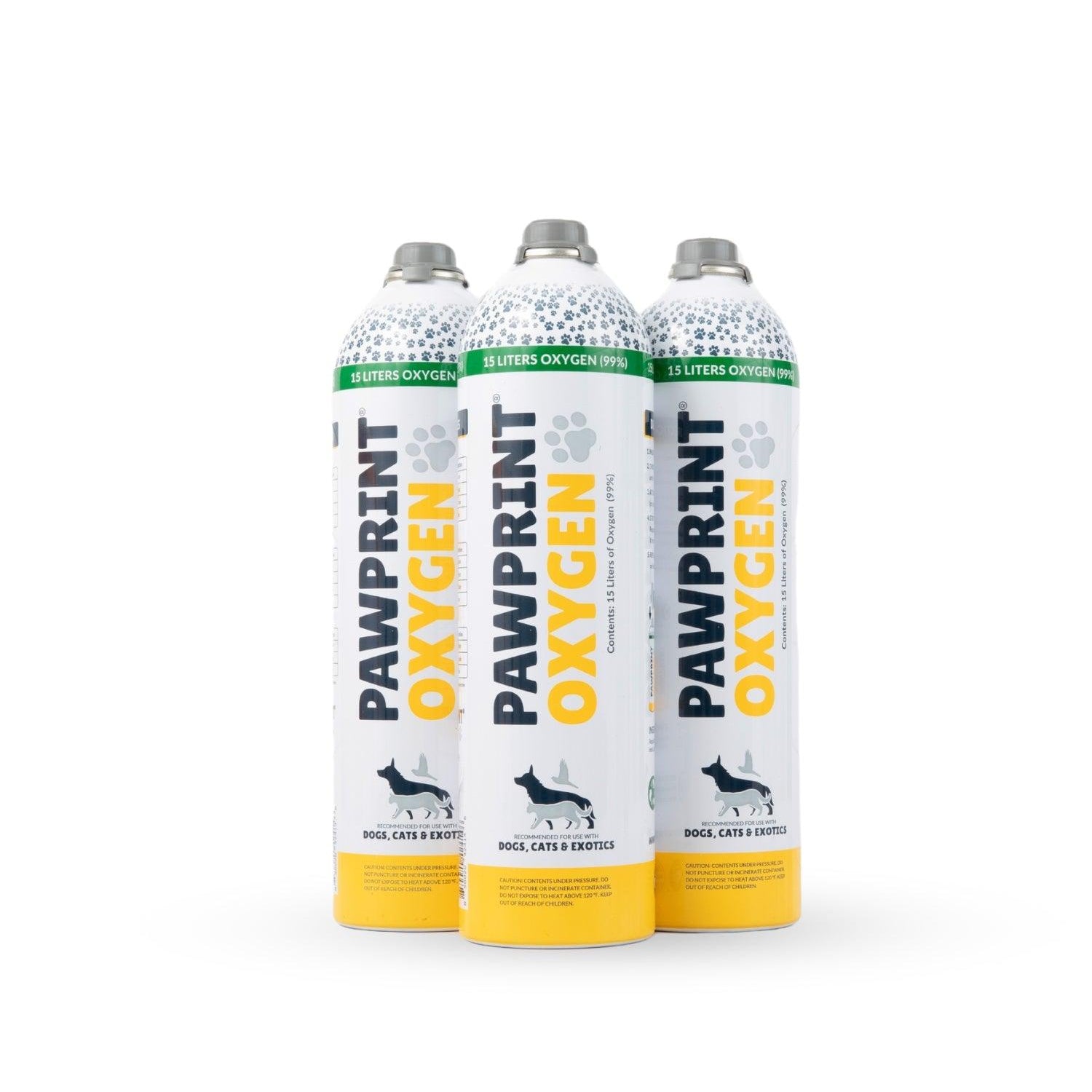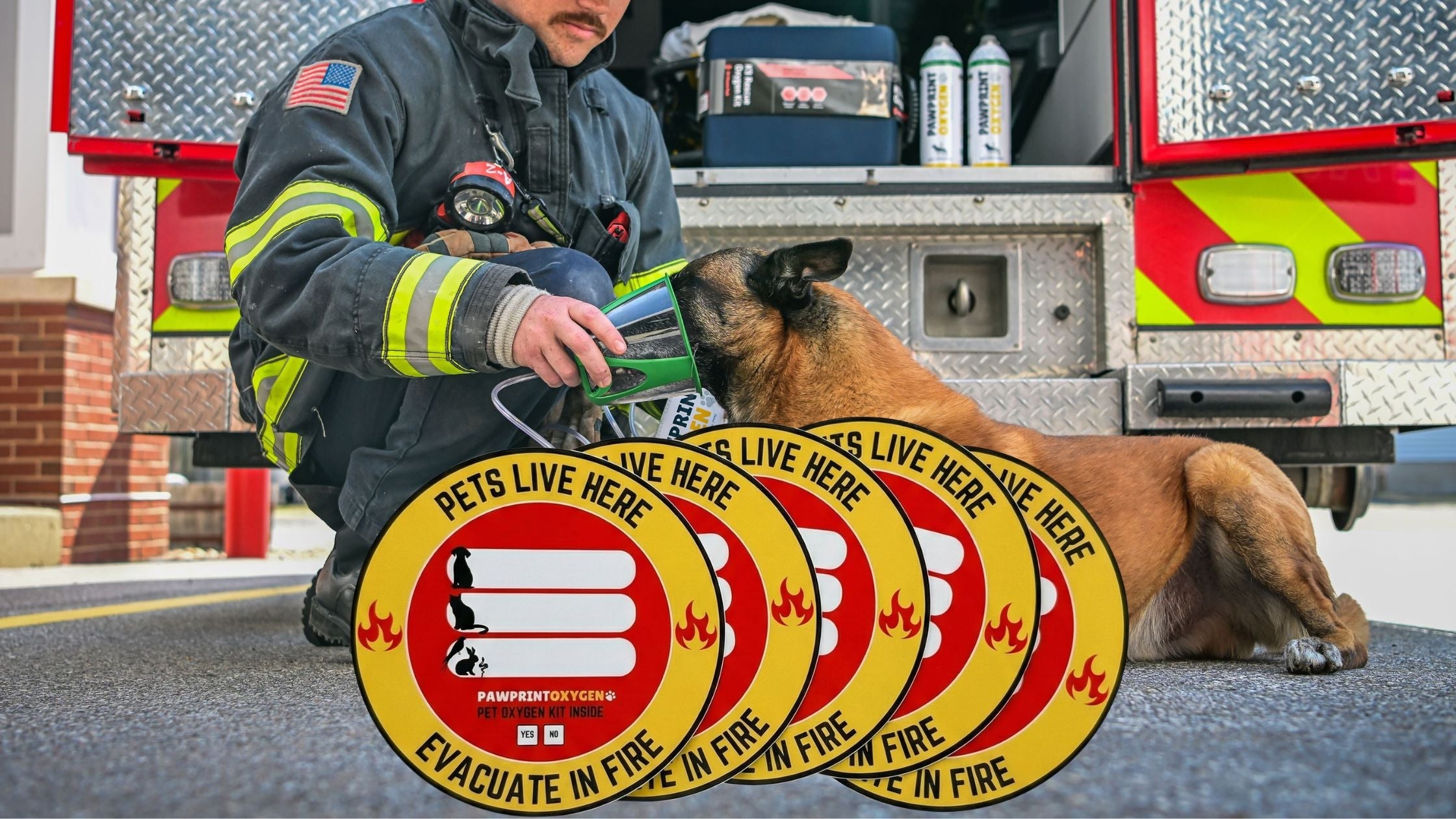Congestive heart failure (CHF) in dogs can be a difficult diagnosis to manage. However, with the right diet and nutrition, you can help your dog stay healthy and happy. We've found the 5 best dog food brands of 2025 to help your furry friend enjoy their meals while supporting their heart health.
Table of Contents
What Is Congestive Heart Failure (CHF) in Dogs?
Congestive heart failure in dogs is a chronic condition resulting from underlying heart disease, such as dilated cardiomyopathy, valvular heart disease, or hypertension.
Symptoms of congestive heart failure include coughing, difficulty breathing, exercise intolerance, and decreased appetite. Diagnosis involves a physical examination, blood tests, X-rays, and an echocardiogram.
Treatment for congestive heart failure includes medications, oxygen therapy, fluid therapy, diet, weight management, and regular exercise. Close monitoring and continuous treatment are necessary as congestive heart failure is a progressive and chronic condition.
The Two Types of Congestive Heart Failure in Dogs:
Congestive heart failure (CHF) in dogs is a condition where the heart is unable to pump blood effectively, leading to fluid buildup in the body. There are two primary types of congestive heart failure in dogs: Left-Sided Congestive Heart Failure and Right-Sided Congestive Heart Failure. Each type affects different parts of the body and presents with distinct symptoms.
Left-Sided Congestive Heart Failure (LS-CHF)
Mechanism:
-
Pathophysiology: In left-sided CHF, the left ventricle fails to effectively pump blood out to the body, causing blood to back up into the left atrium and then into the lungs. This leads to pulmonary congestion and edema (fluid accumulation in the lungs).
Symptoms:
- Coughing: Often worse at night or after exercise.
- Difficulty Breathing (Dyspnea): Rapid or labored breathing due to fluid in the lungs.
- Exercise Intolerance: Reduced ability to engage in physical activities.
-
Restlessness: Especially at night, as lying down can exacerbate breathing difficulties.
Causes:
- Mitral Valve Disease: Common in small breeds and older dogs.
- Dilated Cardiomyopathy: More prevalent in large breed dogs.
- Congenital Heart Defects: Such as patent ductus arteriosus (PDA) or ventricular septal defects (VSD).
Right-Sided Congestive Heart Failure (RS-CHF)
Mechanism:
-
Pathophysiology: In right-sided CHF, the right ventricle fails to pump blood effectively to the lungs, causing blood to back up into the right atrium and then into the systemic circulation. This leads to fluid accumulation in the abdomen (ascites) and other parts of the body.
Symptoms:
- Ascites: Swollen abdomen due to fluid buildup.
- Peripheral Edema: Swelling in the limbs.
- Jugular Vein Distention: Visible swelling of the neck veins.
-
Exercise Intolerance: Similar to left-sided CHF, but due to systemic rather than pulmonary issues.
Causes:
- Heartworm Disease: A common cause in areas where heartworm is prevalent.
- Tricuspid Valve Disease: Similar to mitral valve disease but affects the right side of the heart.
- Pulmonary Hypertension: Increased blood pressure in the lungs can strain the right side of the heart.
My Dog Has Congestive Heart Failure. Do They Need a Special Diet?
For dogs with congestive heart failure (CHF), a low-sodium diet can reduce fluid retention and ease the workload on the heart. A high-protein, low-fat diet maintains muscle mass to support heart function, while antioxidants can protect the heart from further damage. Diuretic medications like Furosemide are often prescribed to help remove excess fluid and sodium. Consulting with your veterinarian is important to determine the best diet based on your dog's specific condition and underlying causes of CHF.
What Kind of Food Do I Need for My Dog with Congestive Heart Failure?
When selecting food for a dog with congestive heart failure (CHF), it's important to look for certain nutritional characteristics. Here are a few things to consider:
1. Low Sodium
A diet that is low in sodium can help reduce fluid retention and ease the workload on the heart.
2. High Protein
Feeding a diet that is high in protein can help maintain muscle mass, which can help support heart function.
3. Low Fat
Feeding a diet that is low in fat can help reduce the workload on the heart and improve overall cardiovascular health.
4. High Antioxidants
Feeding a diet that is high in antioxidants, such as vitamins E and C, can help protect the heart from further damage.
5. High Fiber
Feeding a diet that is high in fiber can help regulate bowel function and keep stools firm, which may be beneficial for dogs with CHF.
6. Low Phosphorus
Some dogs with CHF may have kidney issues and may benefit from a diet low in phosphorus.
Is congestive heart failure more prevalent in certain dog breeds?
Yes, congestive heart failure (CHF) is more prevalent in certain dog breeds due to genetic predispositions and breed-specific health concerns.
Dog breeds that may be predisposed to CHF:
- Cavalier King Charles Spaniel
- Miniature and Toy Poodles
- Dachshund
- Doberman Pinscher
- Great Dane
- Boxer
- Irish Wolfhound
- Cocker Spaniel
What foods should I avoid feeding my dog with CHF?
If your dog has congestive heart failure, avoid feeding foods high in sodium, as excess salt can lead to fluid retention and worsen heart strain. This includes processed treats, deli meats, cheese, canned foods with added salt, and table scraps like chips or fast food . Also, steer clear of high-fat foods that may contribute to obesity, putting additional stress on the heart. Certain commercial dog foods may contain excessive sodium, so opt for low-sodium, heart-healthy diets recommended by your vet. Additionally, some dogs with CHF may require taurine and L-carnitine supplementation, so avoid grain-free diets linked to taurine deficiency-associated dilated cardiomyopathy (DCM) unless specifically advised by your veterinarian.
Can CHF go away on its own, or is it permanent?
Congestive heart failure does not go away on its own and is generally a progressive, lifelong condition. While it cannot be cured, early diagnosis and proper management with medications, dietary adjustments, supplemental oxygen therapy, and lifestyle changes can slow its progression and improve your dog's quality of life.
Treatment for CHF typically includes diuretics to reduce fluid buildup, ACE inhibitors to ease heart strain, and supportive therapies like oxygen or taurine supplementation if needed. Regular veterinary check-ups are essential to monitor heart function and adjust treatment and diet as needed. While CHF is permanent, proactive care can help your dog live a longer, more comfortable life.

The Top 5 Dog Food Picks for Dogs with Congestive Heart Failure
Royal Canin Veterinary Diet: Early Cardiac
Early Cardiac is formulated to support heart function with added EPA and DHA omega-3 fatty acids and low sodium content. Available with a prescription.
Avg. Cost: $84.99
RX Required
Avg. Rating: 4.5
Hill’s Prescription Diet: Heart Care H/D
Formulated to support overall heart health. H/D also helps to support liver and kidney function.
Avg. Cost: $84.99
RX Required
Avg. Rating: 4.0
Hill’s Prescription Diet: Weight Management R/D
Clinical nutrition especially formulated to reduce dogs' body fat by 22% in two months, while keeping him or her satisfied
Avg. Cost: $105.99
RX Required
Avg. Rating: 4.7
Royal Canin: Canine Satiety to Support Weight Management
formulated to help dogs lose weight in a safe and well-balanced manner. With a special blend of fibers, it helps to keep your dog full longer.
Avg. Cost: $104.99
RX Required
Avg. Rating: 4.5

Purina Pro Plan Veterinary Diets: CC CardioCare High Protein
Formulated to support optimal cardiac function in dogs. CC includes a blend of amino acids and fatty acids to maintain healthy heart structure.
Avg. Cost: $75.99
RX Required
Avg. Rating: 4.0

Oxygen Therapy for Your Dog with Congestive Heart Failure
Supplemental oxygen can help increase the oxygen concentration in the air that your dog breathes in, which can often help alleviate some of the symptoms of congestive heart failure. It can also help to reduce the workload on the heart by making breathing easier and reducing the need for the heart to work harder to pump blood.
Oxygen therapy for dogs with congestive heart failure typically involves the use of an oxygen concentrator, which removes nitrogen from the air and increases the concentration of oxygen.
The oxygen is then delivered to your dog typically through an oxygen chamber or via the use of a pet oxygen mask. Pawprint Oxygen has portable Oxygen Kits for Dogs available with everything you need to administer oxygen at home to your dog when and where they need it.
How to Find the Best Food for Your Dog with CHF
To find the best food for your dog with congestive heart failure (CHF), follow these key guidelines:
Look for Low-Sodium Diets: Sodium restriction is crucial for managing CHF, as excess salt can lead to fluid retention and worsen heart strain. Choose a dog food labeled low-sodium or cardiac-supportive , and avoid treats with added salt.
Prioritize High-Quality Protein: Dogs with CHF need high-quality protein to maintain muscle mass. Choose lean sources like chicken, turkey, fish, or eggs, but avoid excessive red meat and fatty cuts.
Ensure Essential Nutrients: Some cases of dilated cardiomyopathy (DCM)-related CHF are linked to taurine deficiency, especially in breeds like Dobermans and Cocker Spaniels. Choose a diet that includes taurine and L-carnitine, or ask your vet about supplements.
Avoid Grain-Free Diets (Unless Vet-Recommended): Grain-free diets have been linked to diet-associated DCM, so unless your dog has a medical need for a grain-free diet, stick with balanced foods containing wholesome grains like brown rice or oatmeal.
Look for Omega-3 Fatty Acids: Fish oil (EPA & DHA) can help reduce inflammation and support heart function. Some cardiac diets include omega-3s, or you can add a veterinarian-approved supplement.
Choose Prescription or Vet-Recommended Cardiac Diets: Brands like those listed in this article are specifically formulated for dogs with heart disease and may be beneficial.
Avoid Processed and High-Fat Foods: Stay away from table scraps, fried foods, deli meats, and commercial treats high in sodium and fat.
For the best results, consult your veterinarian or a veterinary cardiologist to tailor a diet plan that meets your dog’s specific needs based on their heart condition, weight, and overall health.
